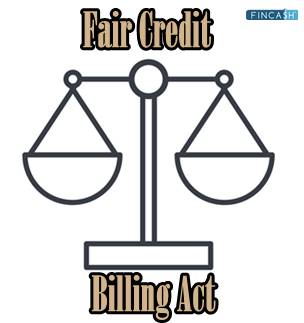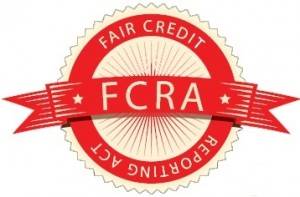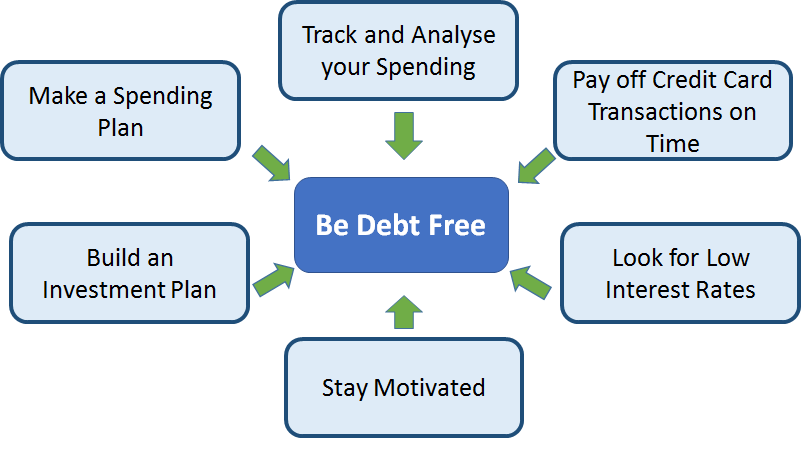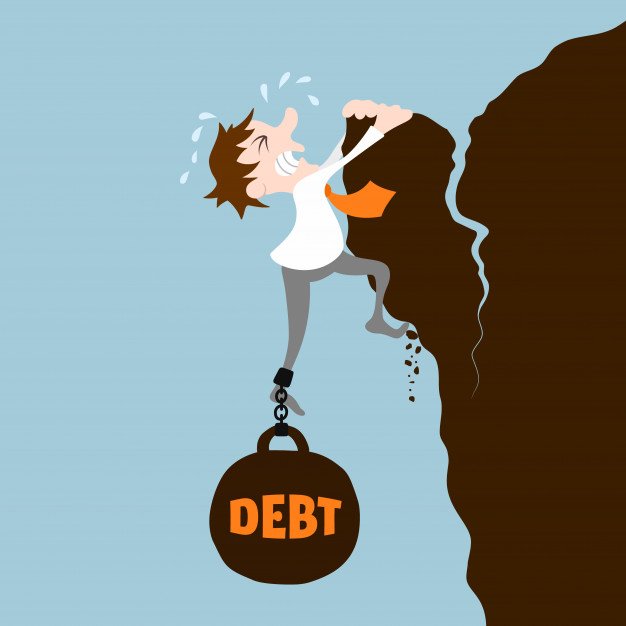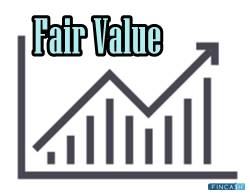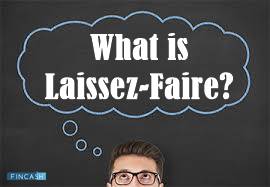
Table of Contents
Fair Debt Collection Practices Act (FDCPA)
The Fair Debt Collection Practices Act definition can be referred to as the type of federal law for limiting the overall actions and behaviors of third-party debt collectors who might be looking forward to collecting debts on behalf of some other entity or person. The law was amended in the year 2010. After the amendment, the law aims at restricting the respective methods or means through which collectors are able to reach out to the debtors.
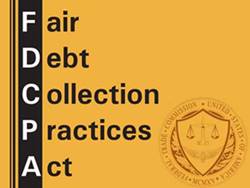
At the same time, they are also able to limit the time of the given day along with the total number of times the given contact can be established. Upon the violation of Fair Debt Collection Practices Act, a specific suit could be brought within a span of one year against the particular debt collection company along with that on the individual debt collector for attorney fees and damages.
Working of the FDCPA
The FDCPA is not known to protect the debtors from the individuals who might attempt at collecting a personal debt. For instance, if you tend to owe money to the local hardware store, then the owner of the store might Call you to collect the debt amount. The given person does not serve to be a debt collector under the specific terms & conditions of the act.
FDCPA is only known to apply to third-party debt collectors –like those working for a reliable debt collection agency. Student loans, debt related to credit card, mortgages, medical bills, and other types of household debts tend to be covered by the given law.
Talk to our investment specialist
When & How can Collectors Contact the Debtors?
Violations with respect to Fair Debt Collection Practices Act state that debt collectors should not contact the respective debtors during inconvenient instances. This implies that they should not make after 9 pm or before 8 am –unless both the collector and the debtor have ensured proper arrangements for the call for occurring outside the permitted hours.
If the debtor would tell the collector that they would want to talk after work –for instance, after 10 pm, then the collector is given the allowance to make the call. However, without a proper agreement or invitation, the debtor is not able to call during that time legally. Debt collectors might also look forward to sending emails, text messages, or letters for the collection of a debt.
Debt collectors can also make the attempt of reaching debtors at the respective offices or homes. However, if the debtor would tell the bill collector –either in writing or verbally, to stop calling the respective place of employment, the collector should stop calling the given number again.
All efforts have been made to ensure the information provided here is accurate. However, no guarantees are made regarding correctness of data. Please verify with scheme information document before making any investment.
